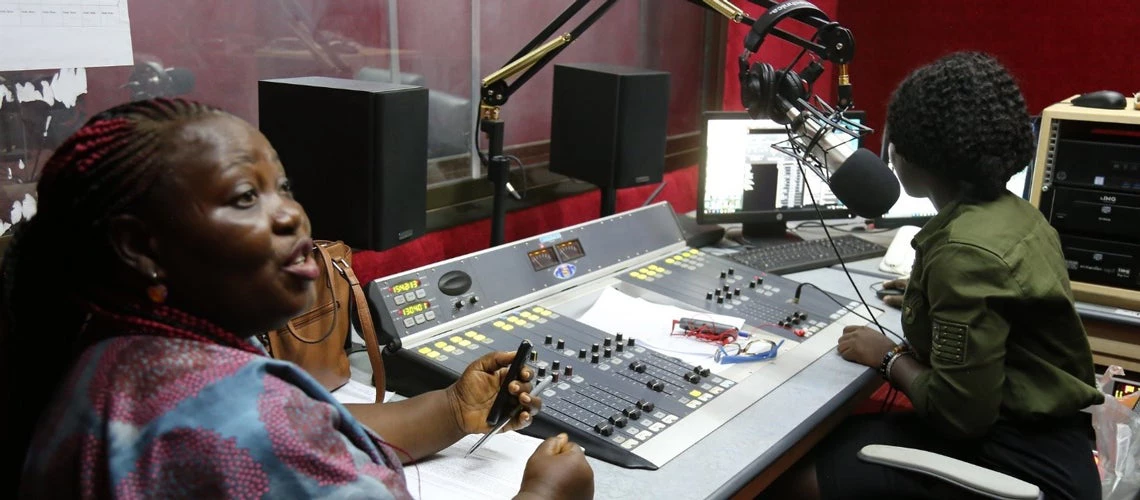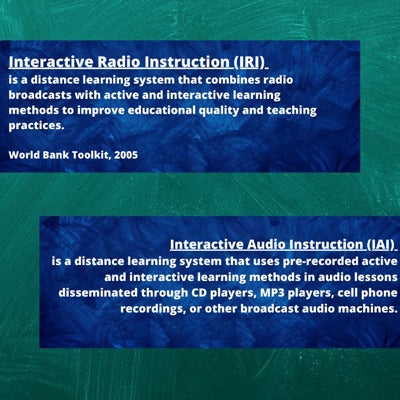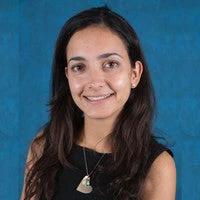 How to use educational radio to move from emergency to sustainability? Our publication can help
How to use educational radio to move from emergency to sustainability? Our publication can help
The Covid-19 pandemic left more than 1.1 billion children out of school, with more than 65% of countries mandating partial or total school closures globally. 48% of ministries of education adopted education radio programs for students to learn at home, as radio remains the most cost-effective and widely accessible media across the Global South. However, only a handful recognize the power of education radio programs as game changers beyond the crisis.
Interactive Radio Instruction (IRI) and Interactive Audio Instruction (IAI) encourage teachers and students to react verbally and physically (e.g., sing, play, move, dance, answer questions, demonstrate skills to classmates) to exercises posed within radio lessons and to participate in group work, experiments, and other activities.

Global studies, spanning over three decades, have found that IRI and IAI are highly cost-effective ways to increase learning outcomes and teacher skills in the conventional classrooms of developing countries. Interactive radio instruction improves learning outcomes between 10 and 20% when compared with classrooms relying on the regular teaching techniques (Bosch, 1997; Dock and Helwig, 1999; Potter et al., 2006; Christina and Richmond, 2020). Recent studies also show that teachers who use IRI and IAI (both as a continuous professional development program, or as a tool to facilitate lessons) learn to teach in a more interactive and engaging way. Studies in several Latin American countries, Mali, Zambia, Tanzania, Malawi and Pakistan also show that IRI/IAI can be impactful in various non-emergency settings beyond conventional classrooms, such as after-school remedial programs, and education centers for out-of-school children with geographic or economic barriers to traditional schooling.
Sierra Leone’s Radio Teaching Program (RTP)— how to transition from emergency to sustainability?
Within a week of the COVID-19 national school-closures, Sierra Leone’s Ministry of Basic and Senior Secondary Education (MBSSE) in collaboration with the country’s Teaching Service Commission (TSC), revived their Radio Teaching Program (RTP). Created during the 2014-17 Ebola virus disease epidemic, the RTP was a ready-resource. This time around, the TSC innovated by also using radio to train teachers in hard-to-reach areas. The RTP broadcasted lessons five days a week, in 30-minute segments, based on the primary and secondary school curricula in core academic subjects. It was mostly a classical one-way radio instruction, but to increase interactivity, students had the option to call-in with questions at the end of the lesson. Despite a lack of signal and of devices posing challenges to its access, the RTP maintained a link to learning during the crisis.
As in other countries that used radio for distance education during COVID-19, the limited existing evidence reveals a gloomy picture of low student engagement. Despite only 5% of students reporting “access to radio” as a barrier to listening to the lessons, only 18-20% of students listened to lessons, and only for an average of 4 hours per week.
However, the MBSSE and TSC recognize the RTP’s potential, and are determined to learn from global best practices to maximize the impact of the program and use it as part of hybrid EdTech solutions towards quality learning and teaching. In particular, the Government plans to use educational radio to provide remedial and learning programs across all the territory, as well as continuous teacher professional development.
To this end, the MBSSE has made significant investments in infrastructure and personnel for educational radio— whilst the World Bank’s support to these efforts has placed education radio pedagogy as central to impacting teacher professional development and student learning outcomes.
In a World Bank publication, Sierra Leone’s Radio Teaching Programme: Challenges and Opportunities, the World Bank’s education team draws on global lessons and evidence for effectiveness to contextualize recommendations for transitioning Sierra Leone’s classical RTP to a national quality IRI program.
The Covid-19 crisis comes together with the opportunity to rethink education. Sierra Leone is well-positioned to push the limits and expand the possibilities for IRI , and the World Bank is proud to be a partner in these efforts. The report’s findings on pedagogy and programming aim to remedy learning loss serving as the basis for which the MBSSE and TSC will design and scale a national IRI program— addressing two of Sierra Leone’s largest education challenges: teacher capacity and student learning.




Join the Conversation